Speakers 2019
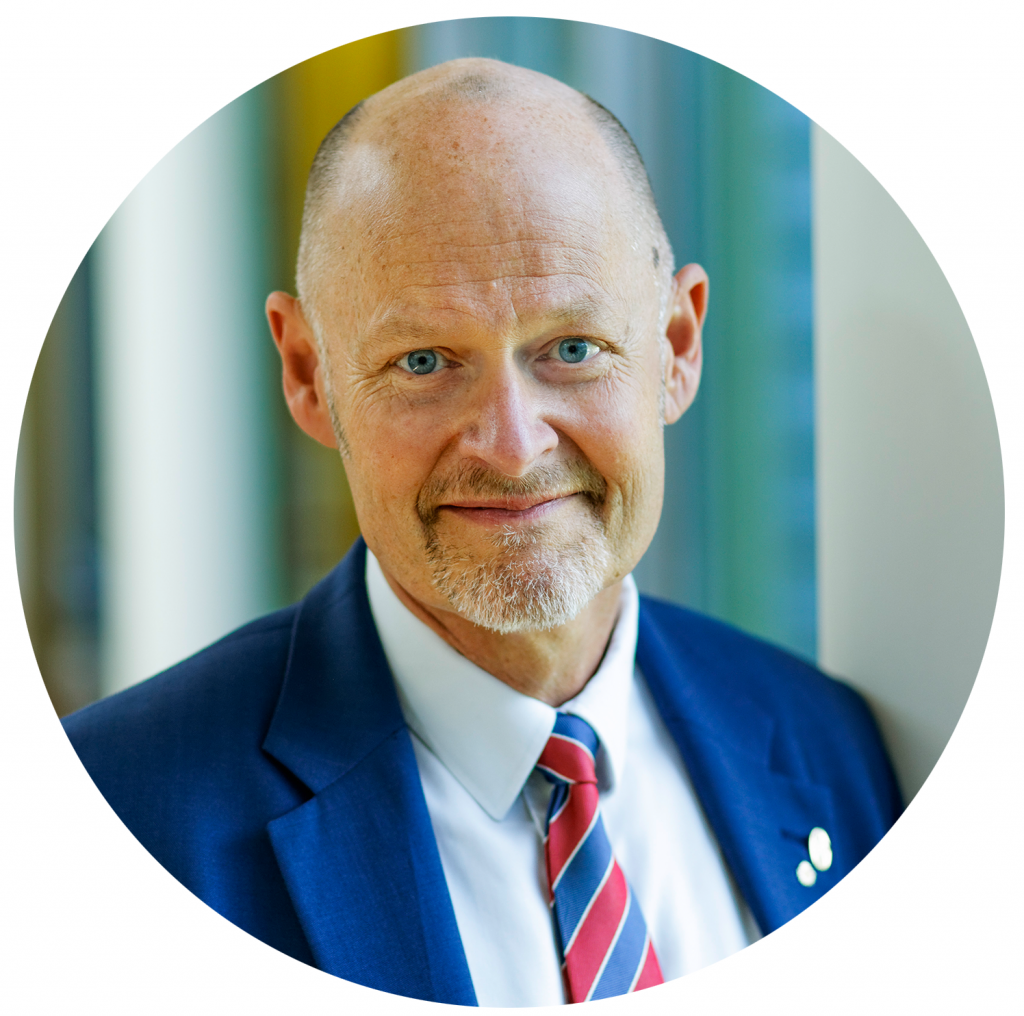
Bill Hansson studied biology at Lund University where he received a Bachelor of Science degree in Biology in 1982. In 1988 he defended his PhD thesis in Ecology. From 1989-90 he worked as postdoc at the University of Arizona and returned 1990 to a junior professorship in Lund. In 1992 he became Associate Professor and from 2000 until 2001 he was a Professor for Chemical Ecology at Lund University (2000). From 2001 he was Professor and Head of the Chemical Ecology department at the Swedish University of Agricultural Sciences (SLU) in Alnarp, Sweden, until he was appointed Director and Scientific Member at the Max Planck Institute for Chemical Ecology in Jena, Germany in 2006. He is head of the Department of Evolutionary Neuroethology. In 2010 the Friedrich Schiller University in Jena appointed him Honorary Professor. Since June 5, 2014, he is vice president of the Max Planck Society.
Hansson’s research focuses on neuroethological aspects of insect-insect and insect-plant interactions. He is mainly studying insect olfaction, where his central questions are: How is semiochemical information (odors) detected by the antenna and processed in the insect brain, how did these detection and processing systems evolve, and how does olfaction guide insect behavior? He also compares these systems to other land-living arthropods, as the giant robber crab on Christmas Island.
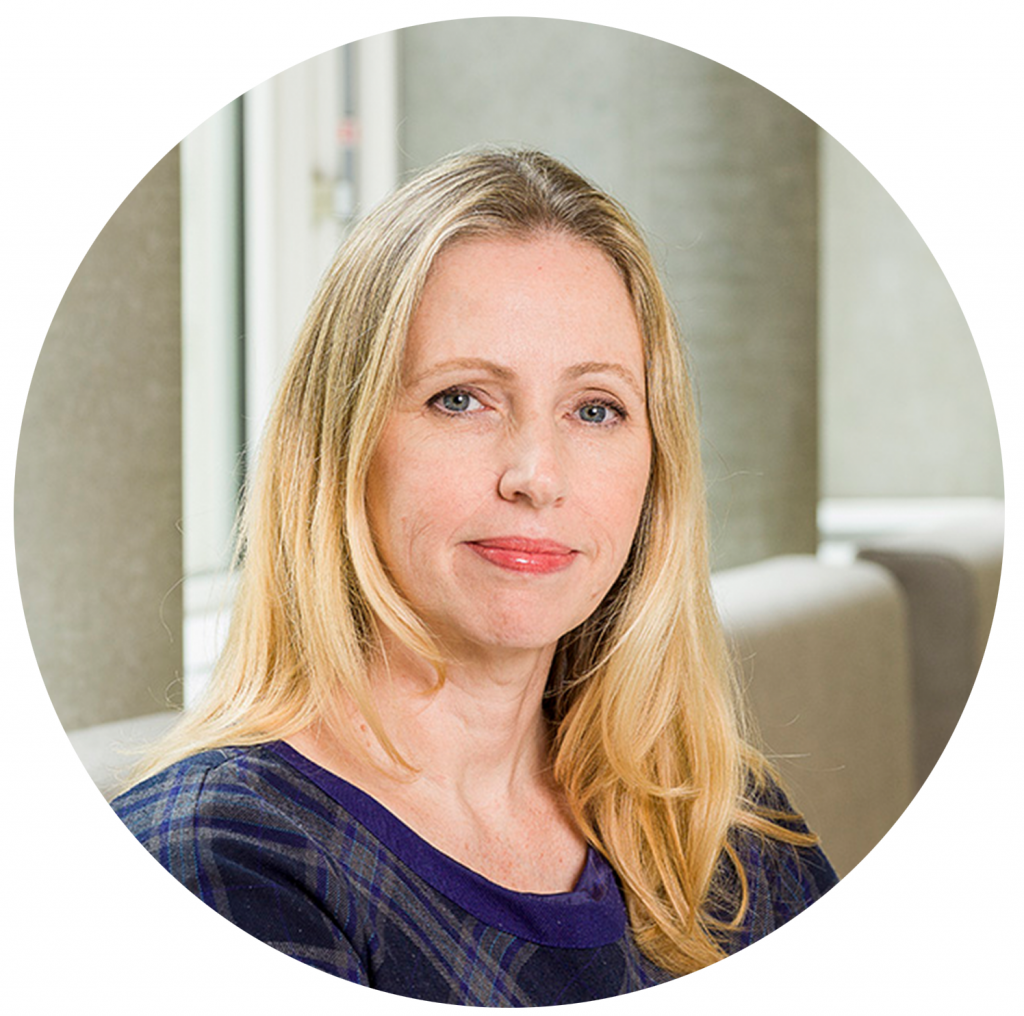
Caroline Rowland
Director, MPI for Psycholinguistics
Listening to children: New perspectives on the brain, on language, and on science, from studies on language development
Caroline Rowland is the recently appointed Director of the Language Development Department at the Max Planck Institute for Psycholinguistics in Nijmegen, and a co-Director of the ESRC International Centre for Language and Communicative Development (www.lucid.ac.uk), a multi-million pound collaboration between the Universities of Manchester, Liverpool, Lancaster. Her research focuses on how children learn to communicate with language, how the developing brain supports this process, and how it is affected by cross-linguistic, cultural and individual variation. She takes a multiple methods approach – experimental work, naturalistic data analysis and computer modelling – to test the predictions of different models of the child’s learning mechanism. Her book, Understanding Child Language Acquisition, is an introduction to the most important research on child language acquisition over the last fifty years, and to some of the most influential theories in the field.
Language is the most sophisticated communication system known to man, yet children learn it before they can tie their shoelaces. To study how we acquire such a complex system so quickly requires a multi-disciplinary approach, combining techniques from computer science, neuroscience and psychology; it requires a cross-cultural approach, comparing acquisition across very different languages; and it requires a developmental approach, discovering how children’s language and cognitive system change with age. In this talk I will discuss some of our findings on language development, illustrating the insights they have given us into how the brain develops, why languages differ (and why they are sometimes strikingly similar), and the importance of multidisciplinary “team science” in research today.
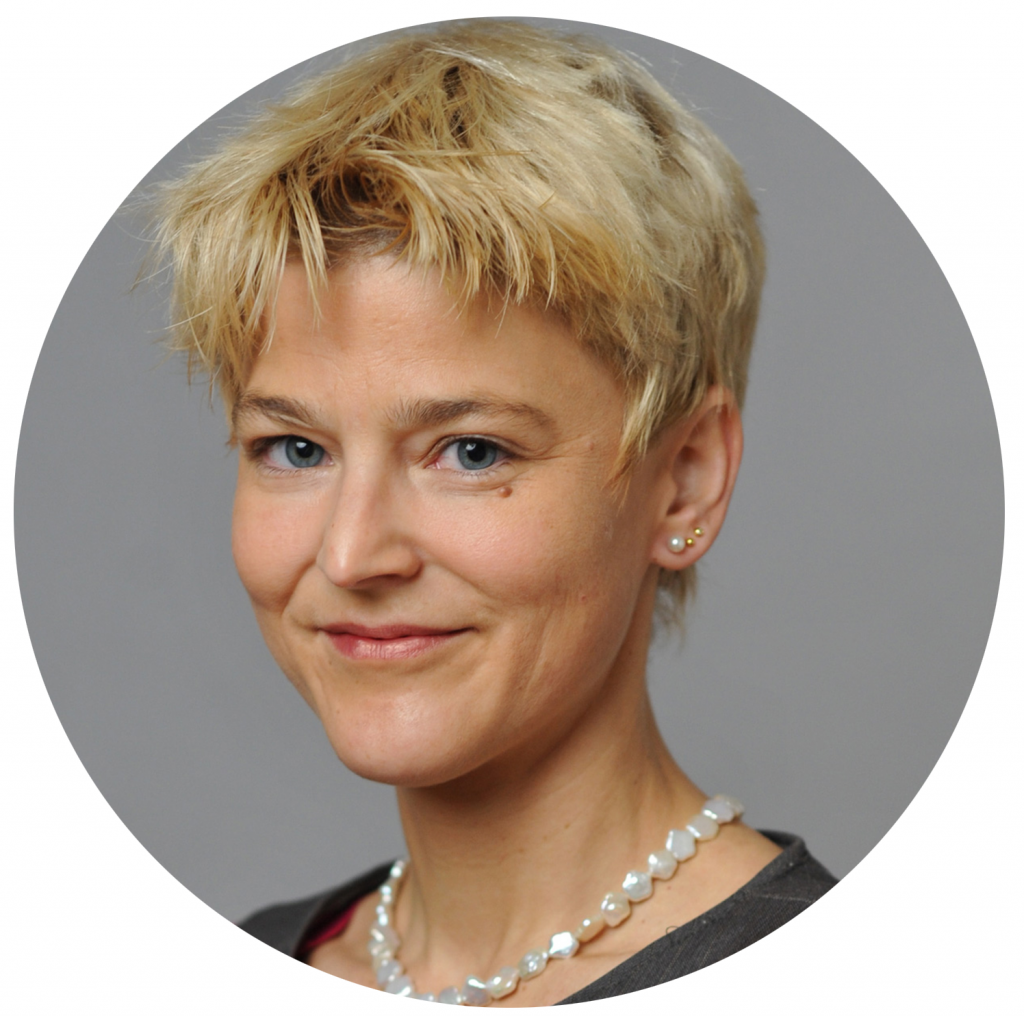
Kärin Nickelsen
Professor of Science History | Ludwig-Maximilians-Universität
Navigating interdisciplinarity: How to sit comfortably between the chairs
Kärin Nickelsen is Professor in History of Science at Ludwig Maximilans University, Munich (LMU). She started her academic career at the University of Göttingen as a student of biology, with a major in plant sciences; but after her diploma decided to change the field and become a historian of biology instead. Kärin Nickelsen completed both her PhD (2002) and her habilitation (2009) in Bern, Switzerland, before she became full professor at LMU Munich (in 2011). In 2008, she was a fellow at the MPI for the History of Science, Berlin, and has remained in close contact with this institution ever since.
Kärin Nickelsen’s research focuses on the history and philosophy of biological sciences in modernity, especially the study of plants in both natural historical and experimental contexts. She is the author of numerous papers and books, including “Draughtsmen, Botanists, and Nature: The Construction of Eighteenth-Century Botanical Illustrations” (2006) and “Explaining Photosynthesis: Models of Biochemical Mechanisms, 1840-1960” (2015), both of which received international awards.
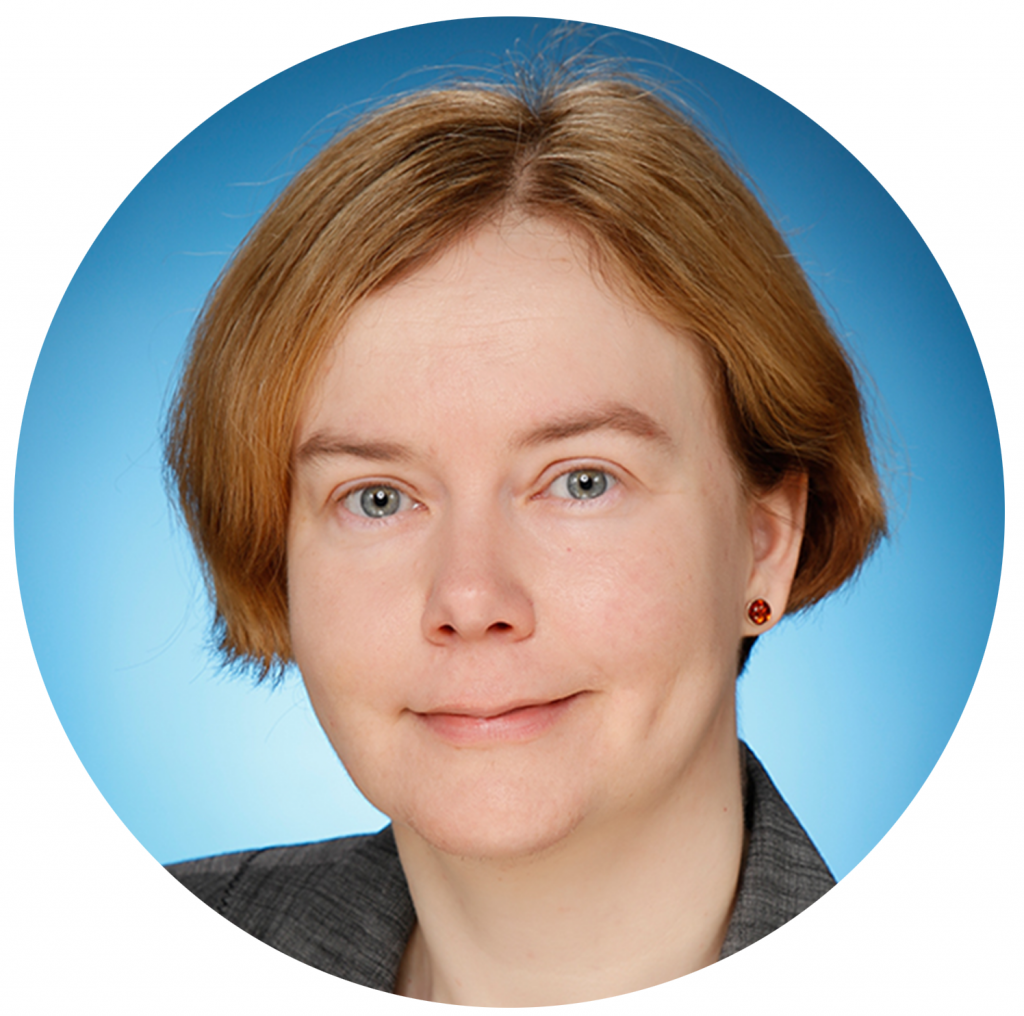
Karin Kühnel studied biochemistry at the FU Berlin and the University of Cambridge, where she also did her PhD studies. After postdoctoral work at the Max-Planck-Institute of Molecular Physiology in Dortmund and the MPI for Medical Research in Heidelberg she moved to the MPI for biophysical Chemistry in Göttingen, where she was first a project and later group leader in the Department of Neurobiology of Prof. Reinhard Jahn. In 2016 Karin became an editor at Nature Communications. She handles submissions in the areas of structural biology and protein folding and works in the London office of the journal.
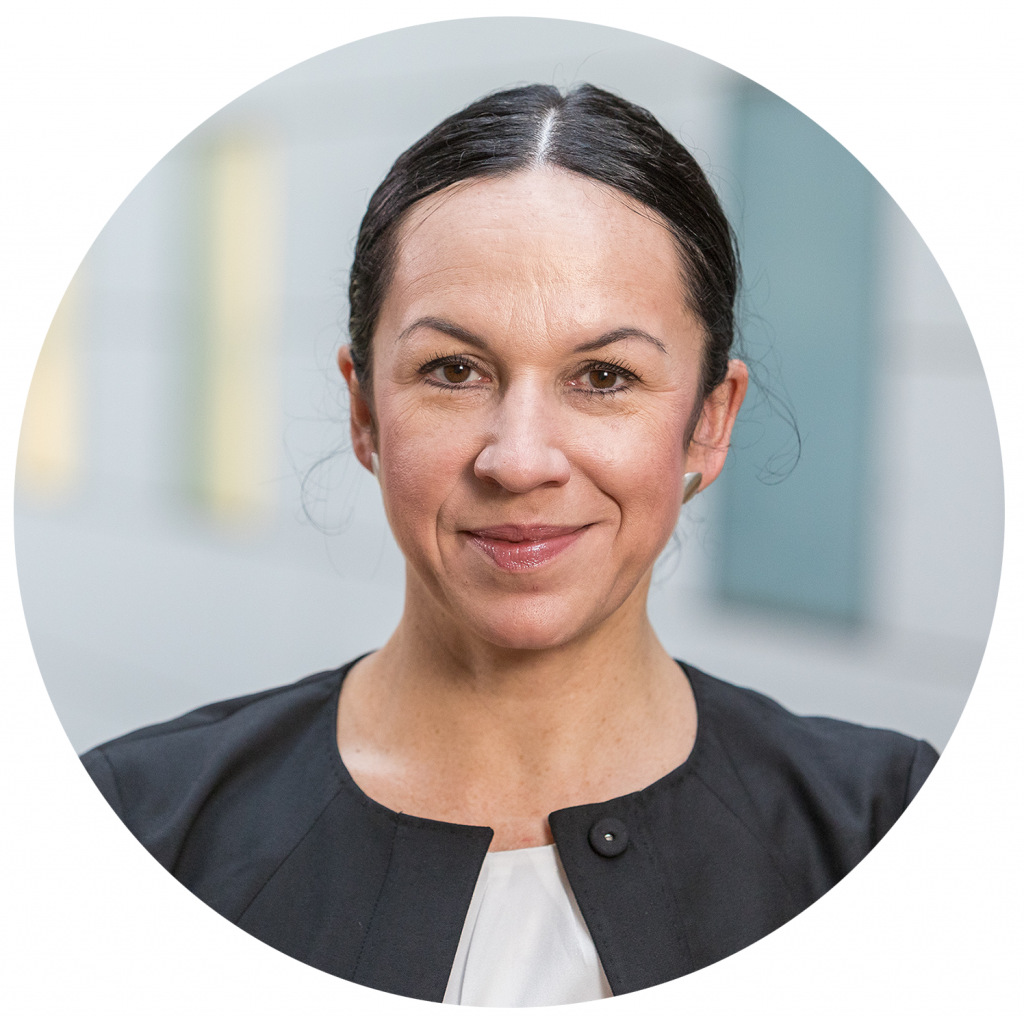
Kerstin Dübner-Gee
Head of the Human Resources Development & Opportunities Department | MPG
Attracting & Retaining Top-Tier Talents – Concept, Target Group Focus & Service Portfolio
Since 1 March 2018, Kerstin Dübner-Gee has been the Head of the new Human Resources Development & Opportunities Department at the Administrative Headquarters of the Max-Planck-Gesellschaft (MPG). Her professional roles before joining the MPG included managing the Munich Dual Career Office and coordinating the future concept Excellence Initiative at the Technical University in Munich (TUM). In this context, she also played a key role in the launch of the MPG cooperation project Munich Welcome.
Most recently, she was responsible for the Internal Trainings, Offers & Strategy at the Fraunhofer Academy.
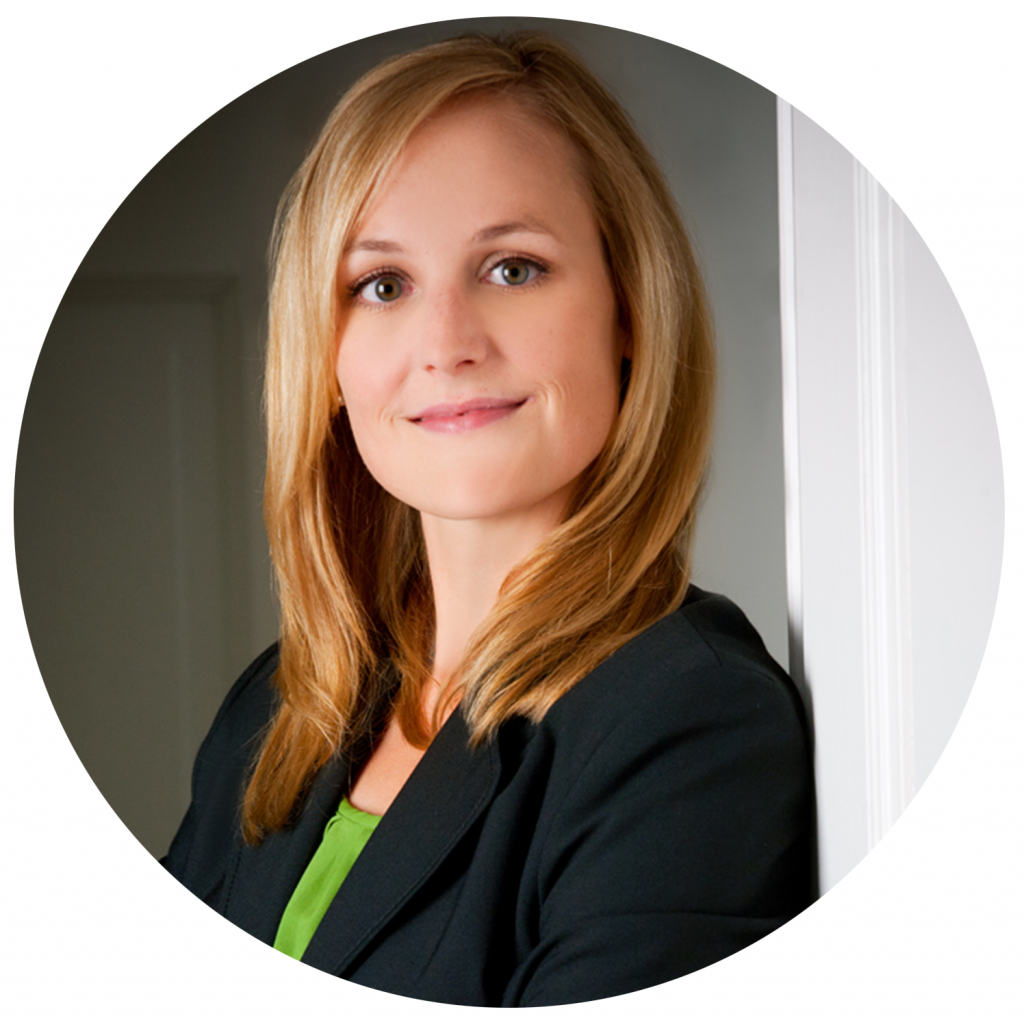
Katharina Miller-Meyer
Management Research Programs | Human Resources Development and Opportunities | MPG
Attracting & Retaining Top-Tier Talents – Concept, Target Group Focus & Service Portfolio
Katharina Miller-Meyer received her PhD at Technische Universität München (TUM) in Oncology and Immunology in 2016. Between 2016 and 2018, she joined Max Planck Innovation GmbH as Patent and Licensing Manager. Katharina was responsible for the technology transfer in the life science section by supporting scientist of the Max Planck Society in filling patents and marketing inventions and technologies to the industry.
Since August 2018, she is part of the new department of Human Resources Development and Opportunities at the General Headquarters of the Max Planck Society. There, her area of responsibility comprises the operative management of different research programs of the Max Planck Society, e.g. Minerva Fast Track Program, Lise Meitner Excellence Program or Max Planck Research Group Leader Program.
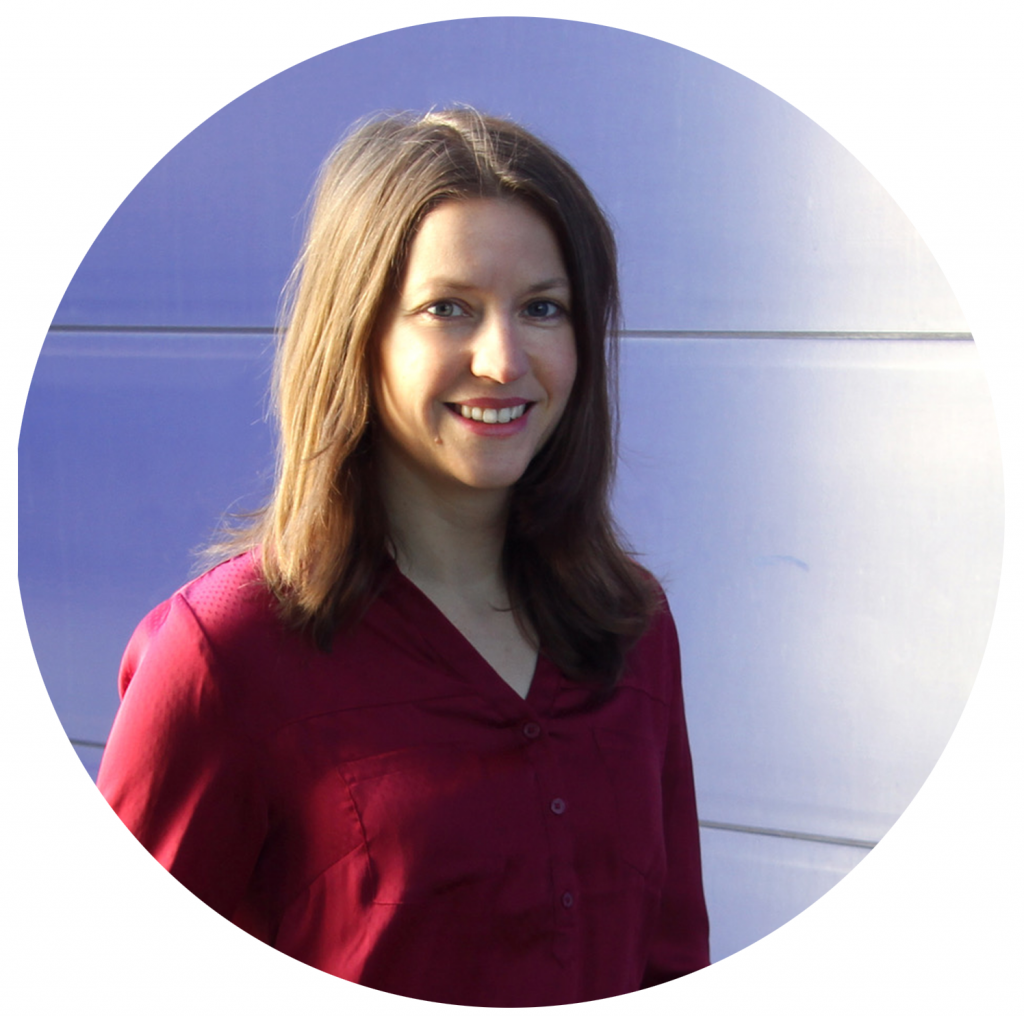
Katrin Boes
Public Relations and Information Officer | MPI of Molecular Cell Biology and Genetics
Public Relations and Social Media for Scientists – Harvesting the fruits of your labour
Trained as a photographer, Katrin Boes started working at the MPI for Molecular Cell Biology and Genetics Dresden in 2000 in the photography and imaging service of the institute. In 2002, she went to the University of Erfurt to study for a B.A. in Communication Science. Katrin continued her studies in 2005 at the University of Sussex in the UK and graduated there with an M.A. in Media and Cultural Studies. From 2006 to 2013, she set up and worked in the Public Relations Office of the Center for Regenerative Therapies – Cluster of Excellence at the TU Dresden. In 2014, Katrin returned to the MPI-CBG, being in charge of Social Media and Event Management, taking over responsibility for all PR activities of the institute in 2018.
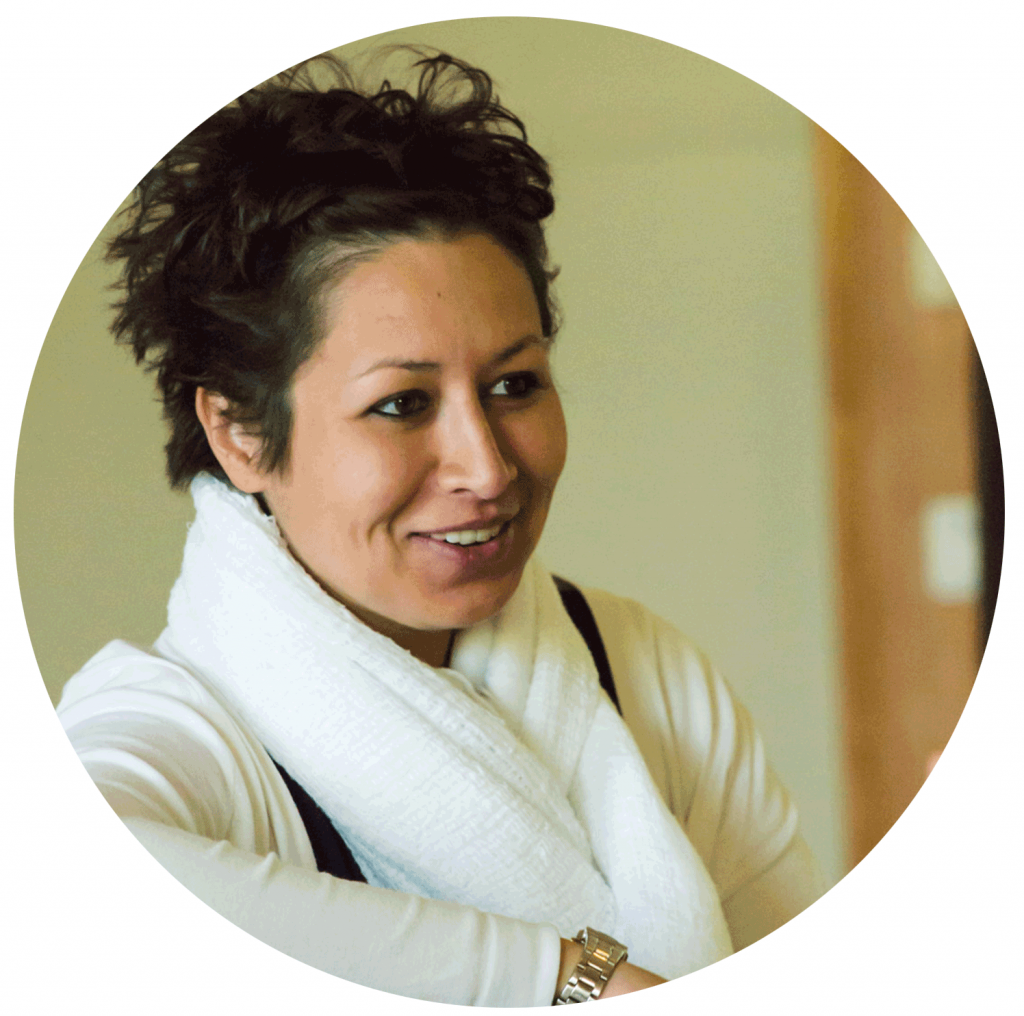
Sandra Vengadasalam
Division Manager Digital Labs | Max Planck Digital Library
Digital Services in the MPG City: Good tools, happy scientists – happy scientists, good research!
Sandra Vengadasalam is Division Manager of the department Digital Labs at the Max Planck Digital Library in Munich. The mission of Digital Labs is to ensure a constant pipeline of new technologies to provide innovative and sustainable services for all Max Planck researchers. Especially services based on blockchain or distributed ledger technologies and Artificial Intelligence, sync-share and archive solutions as well as digital gadgets like drones, tablets and LabCams for the benefit of academia is a passion for Sandra and her team. Furthermore Sandra is one of the founders of the Max Planck Open Access Ambassadors initiative and of the novel bloxberg consortium – a blockchain consortium for science.
Before MPDL, Sandra obtained her PhD in biology focusing on molecular biology and biochemistry. After her doctorate she worked as PostDoc in the field of epigenetic and chromatin remodeling at the Adolf-Butenandt Institute in Munich. In her spare time, she was the chairperson of the Youth Symphony Orchestra in Munich and still plays violin and harp.
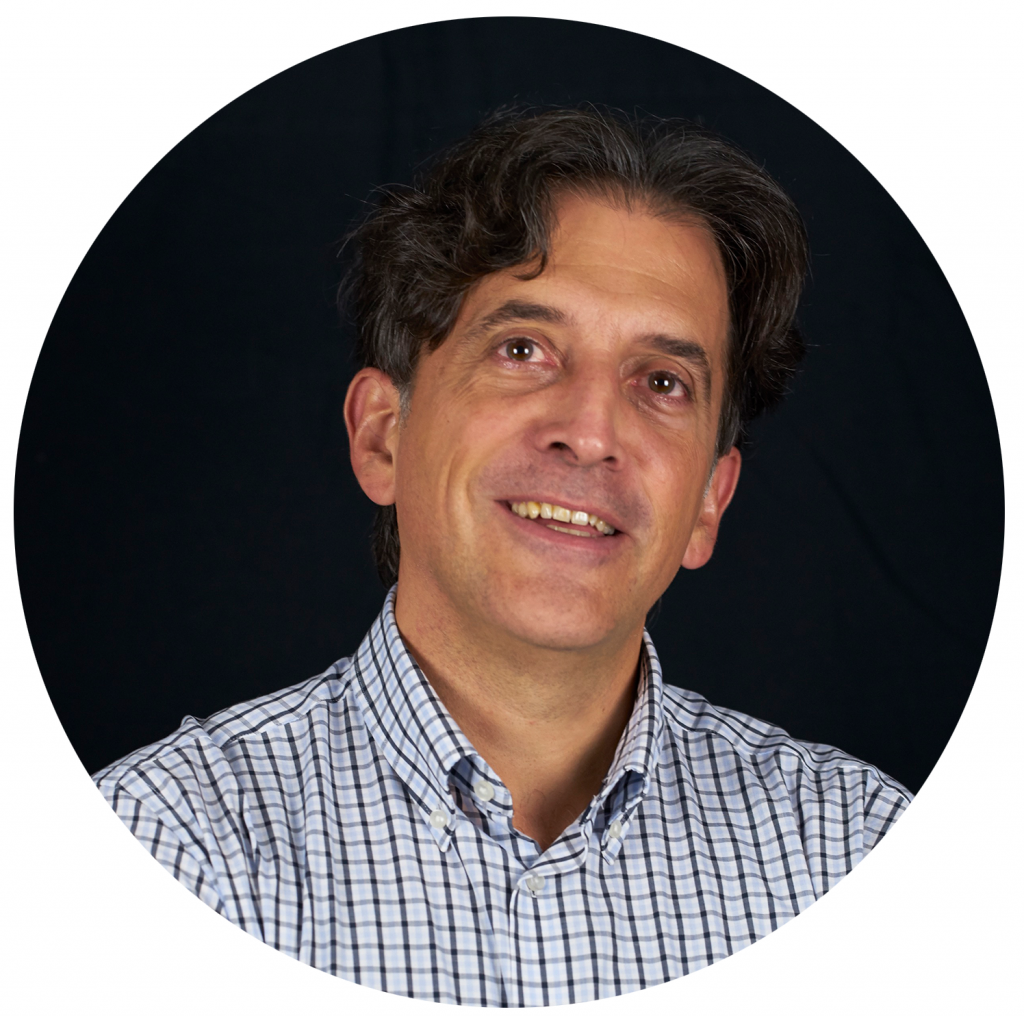
Andrea Musacchio
Director | MPI for Molecular Physiology
Preparing and defending your ERC application
Andrea Musacchio (born 1964) graduated in Biology from the Tor Vergata University of Rome in 1990, working for his undergraduate degree with Prof. Giovanni Cesareni on the development of phage display libraries. Musacchio later moved to the European Molecular Biology Laboratory in Heidelberg to carry out his PhD work in the area of biochemistry and structural biology under the supervision of the late Dr. Matti Saraste. After receiving his PhD title from the University of Heidelberg early in 1995, Musacchio moved to the Harvard Medical School to work as a postdoctoral fellow in the laboratory of Prof. Stephen C. Harrison, supported by Human Frontier Science Program and the American Cancer Society postdoctoral fellowships. In Boston, Musacchio worked on the structural characterization by X-ray crystallography and electron microscopy of proteins implicated in trafficking of membrane and proteins in cells. Late in 1999, Musacchio gained independence at the European Institute of Oncology in Milan, where he started directing a research group investigating the molecular mechanisms of mitosis using a combination of structural, biochemical, and cell biological methods. In 2011, Musacchio moved to Dortmund to direct the Department of Mechanistic Cell Biology at the Max Planck Institute of Molecular Physiology. In 2012, he received an honorary professorship at the University of Duisburg-Essen. Musacchio is the author of approximately 140 research papers. The scientific interest of the Musacchio laboratory is the process of cell division. In particular, the laboratory studies the mitotic checkpoint and its crucial role in ensuring that chromosome segregation during mitosis is accurate, i.e that it occurs without loss or gain of chromosomes in the daughter cells. This pathway operates at kinetochores, cellular structures that mediate the capture of microtubules during preparation for cell division. The overarching aim of the laboratory is to reconstitute kinetochore-microtubule attachment and its feedback control in vitro entirely with purified components. The most characteristic mark of the Musacchio laboratory is the conjugation of diverse approaches, including biochemistry, structural biology, and cell biology.
